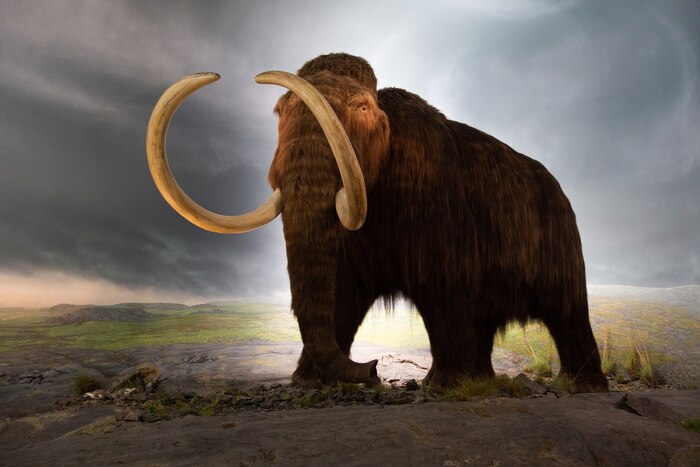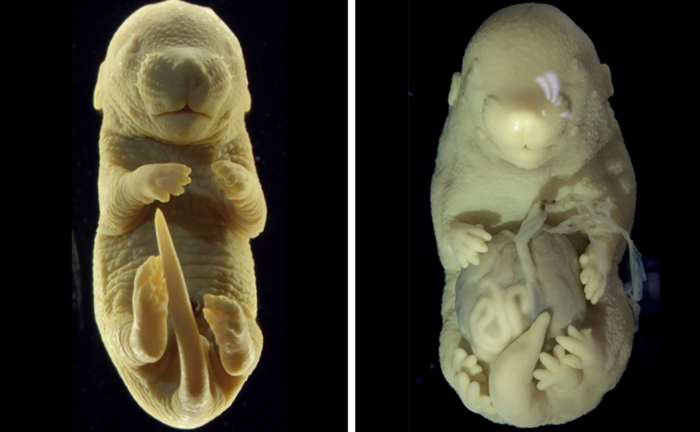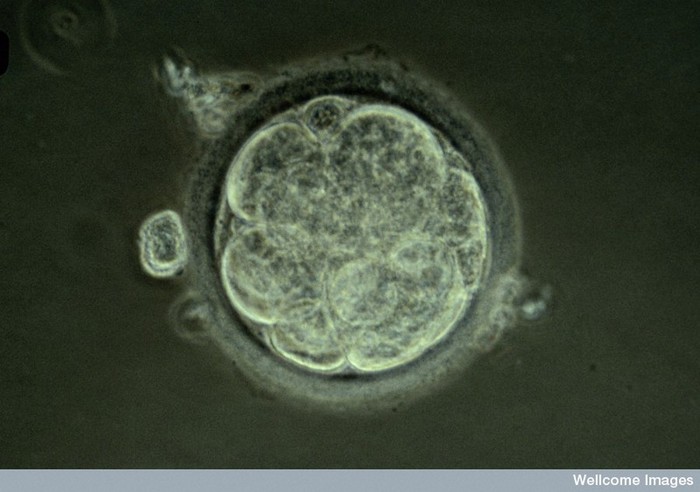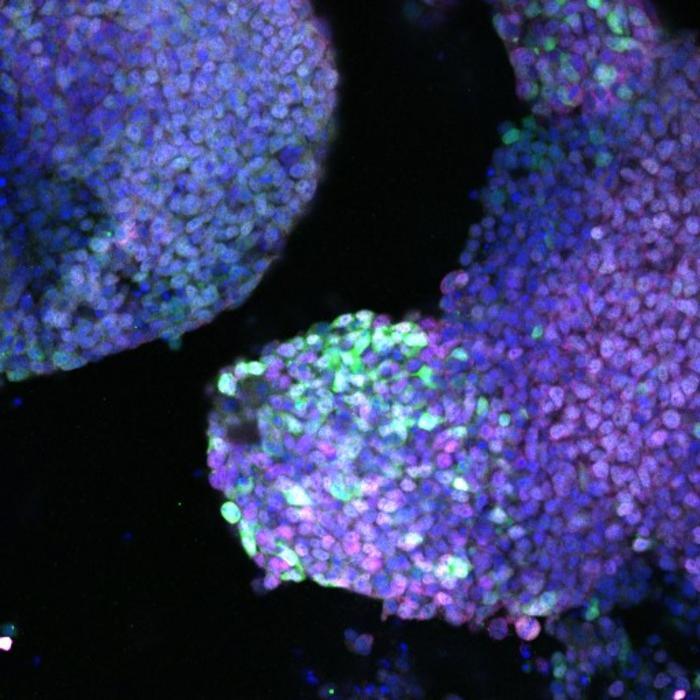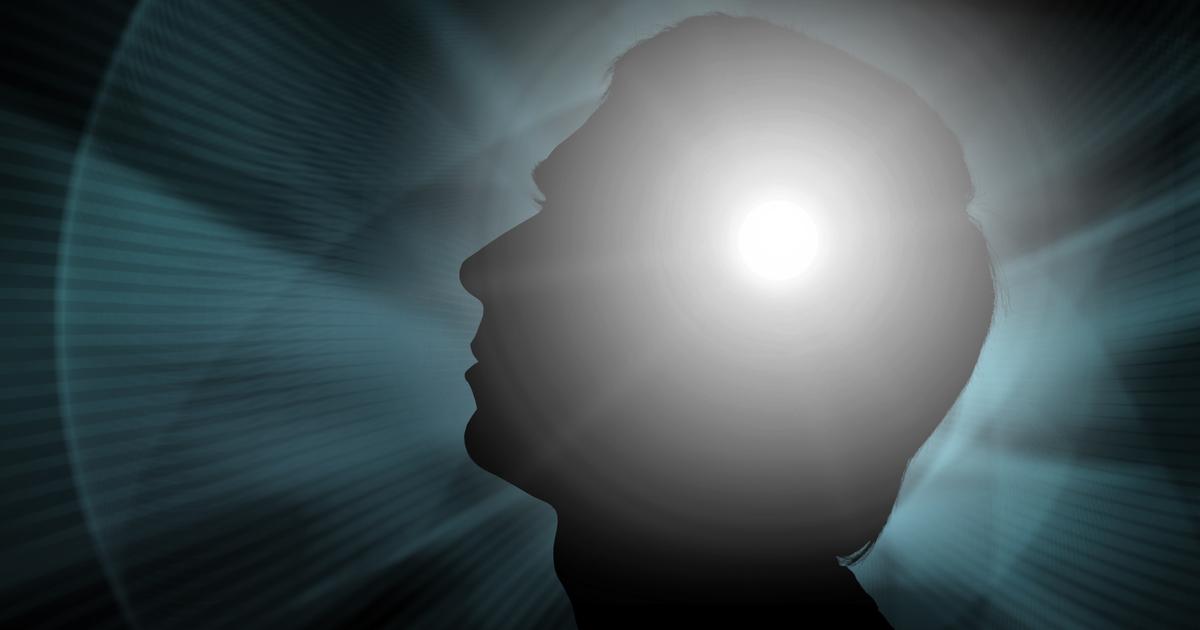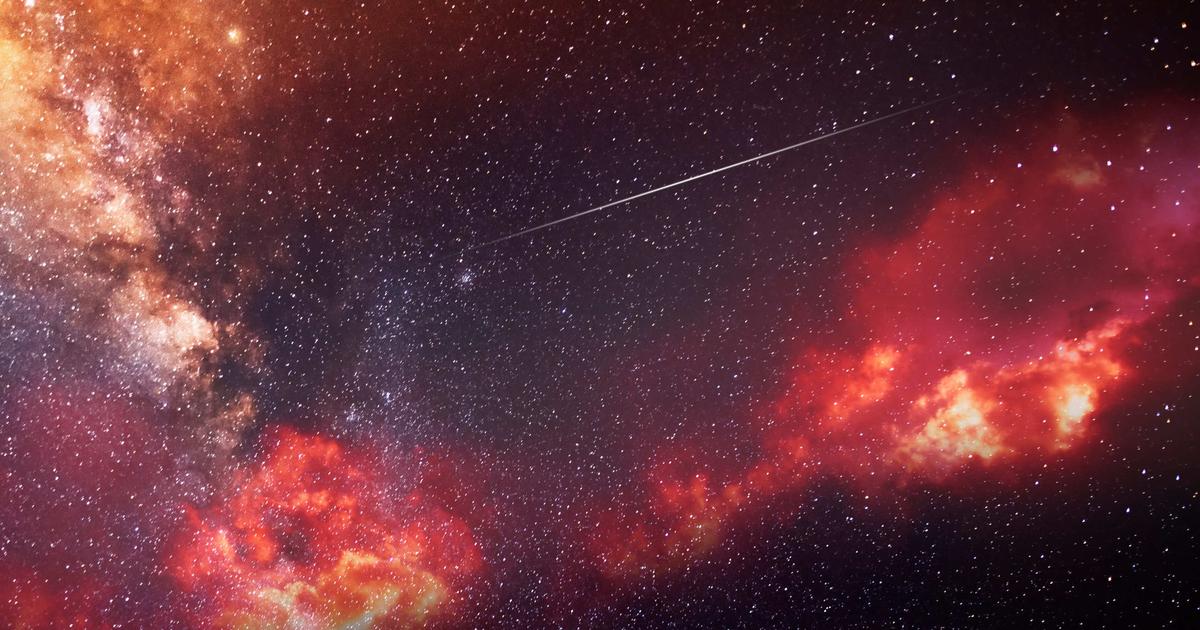Icon: enlarge
Mouse embryos: Until now, scientists have only been able to keep fertilized egg cells alive outside the uterus for a short time
Photo: A. Aguilera-Castrejon et Al.
/ Nature
The tiny mouse embryos swim in a rotating glass cylinder.
The beating of her heart can be clearly seen.
Scientists worked on an artificial uterus for seven years, and now they have been able to see young animals growing up in it.
It is the first time that something like this has been successful in mammals, reports a research team from the Israeli Weizmann Institute for Science in the journal Nature.
The researchers removed the embryos from the mother's uterus on the fifth day of pregnancy and allowed them to grow in the artificial uterus for a further six days.
During this time, the embryos developed in the same way as conspecifics that had remained in the mother animals.
Icon: enlarge
The heartbeat of the embryos can be clearly seen
Photo: A. Aguilera-Castrejon et Al.
/ Nature
On the eleventh day it was over
At the time of extraction, the embryos had already gone through crucial developmental steps.
In humans, one would speak of a fetus at this stage, reports the New York Times.
"To get that far is unbelievable," said Alexander Meissner about the work of his Israeli colleagues.
He is director at the Max Planck Institute for Molecular Genetics in Berlin.
Meissner, who was not involved in the study, spoke of a milestone.
So far, scientists had only succeeded in artificially fertilizing the egg cells of mammals and keeping them alive for a short time.
However, in order for them to develop further, the embryos needed a uterus.
In an interview, one of the study authors, Jacob Hanna, said that embryos were even able to grow for eleven days in the artificial uterus, even if they had been removed from the mother on the first day of their development.
However, the incubator cannot yet completely replace a natural uterus.
On the eleventh day of its development - the entire pregnancy of a mouse takes about twice as long - the nutrient supply from the artificial incubator was no longer sufficient.
The mouse embryos stopped developing.
The researchers conclude from this that an additional blood supply is necessary from this point on.
They are now examining whether the animals can survive with an improved supply of nutrients.
Icon: enlarge
View of the incubator
Photo: A. Aguilera-Castrejon et Al.
/ Nature
Babies from the Incubator?
With the artificial uterus, the scientists hope to gain a better understanding of how embryonic development takes place in mammals.
Because how a complete organism can be made from just two cells has not yet been fully researched.
In an artificial uterus, scientists could follow the entire embryonic development live and learn more about the effects of mutations, nutrition and environmental influences.
Theoretically, human embryos could one day grow up in an artificial uterus, but according to scientists there is still a long way to go - with fundamental ethical questions.
The Israeli study is not the only breakthrough in this area.
In the same issue of the journal "Nature", scientists reported that they had succeeded for the first time in breeding human embryo precursors - completely without fertilization.
Icon: The mirror
koe


